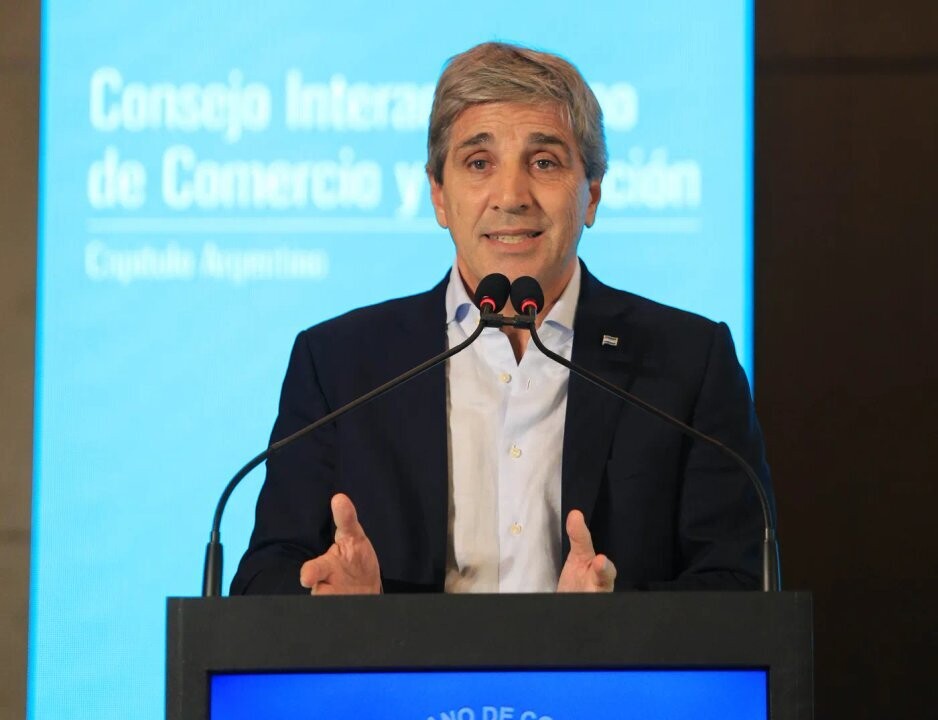
The election results have sparked euphoria in the markets and are bringing the country's risk indicator down to expected levels, finally allowing Argentina to return to the international debt market. Minister Luis Caputo could make a decision on this as early as January. Argentina faces payments of about USD 4.5 billion in January, and Caputo could use this opportunity to test the level of interest from investment funds and global banks in positioning themselves for Argentine debt, now that the electoral scenario is clear. The country's risk indicator fell below 650 points on Friday, and if this trend continues, it could reach 500 points in the coming weeks, a level considered appropriate by the economic team to propose debt at an annual rate below 10%. Several international banks and investment funds are monitoring the situation and could join a placement of around USD 3 billion, according to market analysts. This would be an achievement for the Milei administration, which took over a country on the brink of hyperinflation at the end of 2023 due to excessive money printing by then-Economy Minister Sergio Massa, who spared no effort in his election campaign. The government could count on a key ally for this placement: the U.S. Treasury, which is committed to supporting Milei and his economic plan at any cost, evidenced by the release of a USD 20 billion currency swap. Another sign that gives Caputo and his team optimism is that top-tier companies are issuing debt at rates below 8% annually. Thus, Tecpetrol—the oil company of the Techint group—issued Negotiable Bonds for USD 750 million over 5 years (maturing in November 2030) at a rate of 7.625% in the international market. Techint's CEO, Paolo Rocca, highlighted the election results from Sunday and spoke of the beginning of a more positive stage for Argentina. Meanwhile, YPF secured USD 500 million over six years (September 2031) at a rate of 8.25%. The oil company received offers three times the amount it placed and managed to lower the original rate for that bond, which was 8.75% in September 2024. Analysts consider this one of the first signs of the return of international appetite for Argentine corporate credit, something not seen since Telecom's issuance in July. The telecommunications company had placed USD 400 million over 10 years at 8%. The advantage of international issuances like those by YPF or Tecpetrol is a larger volume and longer term, which is beneficial for companies. In the local market, it is very difficult to obtain financing for a term longer than 2 or 3 years. In this context, YPF secured a USD 700 million loan from the Latin American Bank for Foreign Trade (Bladex) to pre-finance exports and working capital for a three-year term.














